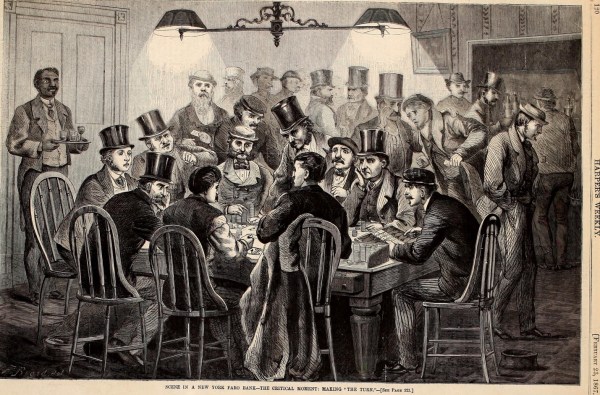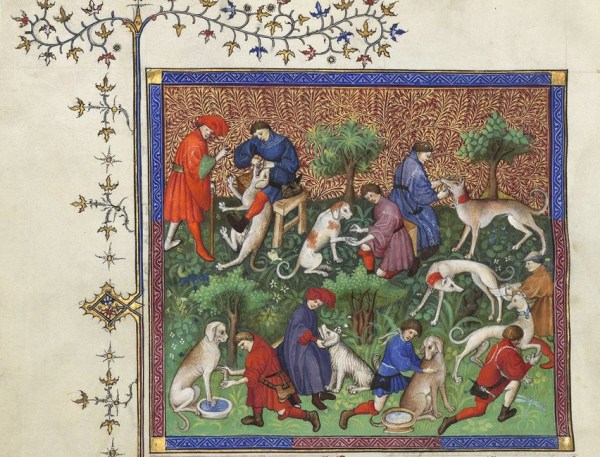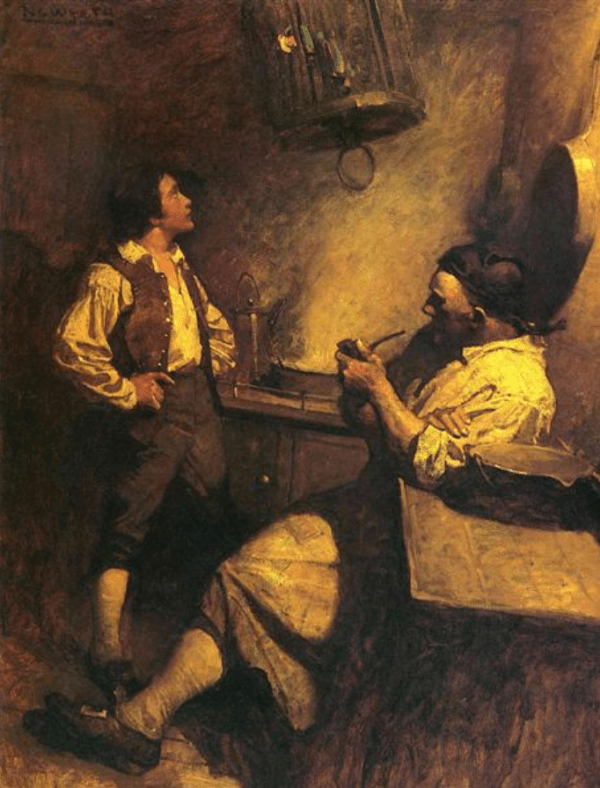by Nick McKelvie
As I mentioned in my previous post, the final documented step of the textiles listed in the Feriby counter-roll (Kew, The National Archives, E 101/383/6) was their distribution to Edward III’s subjects; what I did not mention is that this gesture echoed a practice of the Great Khan of the Mongol Empire, who, according to Marco Polo, “gives rich clothing to [his] 12,000 barons and knights 13 times a year; he dresses them all in the same clothes— like his own, and very worthy.”
Continue reading “Weaving the Nation in the Feriby Counter-Roll and Medieval Romance”





